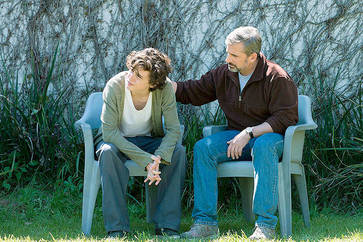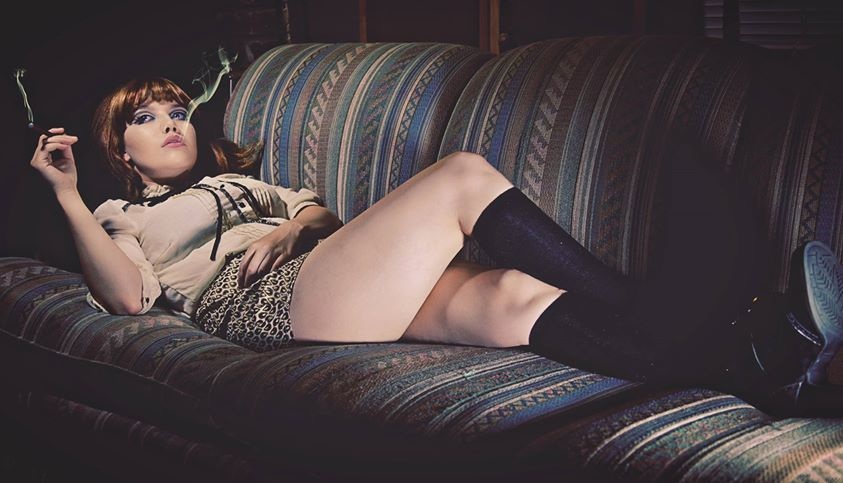Australia now has an alarmingly high suicide rate, and 75% of those suicides are men between the ages 15-44, which means that more men die of suicide every year than from road accidents. Suicide has now become the 10th highest cause of death among men, which means that it is an issue that we can no longer afford to ignore. Just today, 6 Australia men will take their own lives, and we desperately need to get to the bottom of what is going on and why this is happening.
The men that are taking their own lives come from all walks of life, they live in rural areas and cities, they are young and old and they have diverse employment, socio-economic statuses and cultural backgrounds, but they do have one thing in common, and that is the inability to reach out and share their troubles with others. Turns out that the strong male stereotype is so well ingrained that most men say that they are concerned or even afraid to show their true feelings, their worries, their anxieties and their burdens with others, even their closest family members and friends. This inability to share tends to push vulnerable men into drug and alcohol abuse, gambling addictions or other unhealthy outlets to try and cope with their emotions.
Essentially we have as a culture, disempowered our men to talk about themselves and their problems. Men are struggling to allow themselves to be vulnerable for fear of being singled out as weak; the pull to be an 'Aussie bloke' who can shoulder any responsibility has overridden men's ability to adopt introspection and let their guard down, and the results of this are just catastrophic.
So what can we do about it? First and foremostly, we have to acknowledge that what we are doing isn't working and that we need to make some serious changes to the way that we deal with men and their health and wellbeing issues. Organisation like Gotcha4Life and Movember are supporting programs directed specifically at men and agree that the approach needs to be different. Empowering and encouraging men to have deeper conversations about what is going on with them when they experience a crisis in their lives is the best place to start. We must make room for men to be in touch with the human parts of themselves, which means that they need the space to share, cry, mourn and feel weak from time to time without the fear of negative judgement.
We need to stop telling blokes to harden up or man up and we need to be better listeners and show support and understanding. We need to educate ourselves about men and their unique set of challenges and the heavy unspoken expectations that are placed upon them from an early age. These traditions of expectation have become so ingrained in Australian culture that it is going to take time to loosen the shackles of those constraints for men, but we have to start somewhere because male suicide is on the rise not the decline in Australia.
So start right away, tell the men in your life how much they mean to you and take more time to just sit and talk with them when you can. Allow time for them to bond with other men recreationally, and encourage them to spend time alone with other men so that they can learn to open up and share their thoughts and feelings in 'safe mate' circle of friends. Support and normalise emotional releases and remember that it is all of our responsibilities to make men feel valued, heard and supported so that they can face the challenges of their lives with dignity. Help men to understand that it is not only okay to feel weak, it is absolutely necessary sometimes, and that being an emotionless robot isn't of service to anyone.
It is time for us all to wave goodbye to the stoic Aussie male stereotype that we have all been conditioned to accept and expect for generations, because we know that we can all do a shitload better than that for our men. And I implore all men to reach out and share, because we are all here and ready to hear you and support you, and never forget that it's all gonna be okay, help is never too far away and it's totally okay to seek it out if you should need it.

Release Date: 2018
Rating: MA 15+
Running Time 120 mins
It's been a while since I got all weepy at the cinema, but Beautiful Boy certainly provided me with plenty of heart wrenching material to weep over, and weep I did. Based on the best selling pair of memoirs (Beautiful Boy and Tweak) from father and son David and Nic Sheff and directed by Felix Van Groeningen, Beautiful Boy explores the difficult and ongoing struggles that families face when a child becomes a drug addict.
David Sheff is horrified when he discovers that his son Nic has become addicted to methamphetamines. Over the course of several difficult years Nic's family bands together in what seems like a hopeless and agonising struggle, as they attempt to save Nic from his addiction and himself.
This film is truly about enduring love and the absolutely powerless determination of a father's love for his mostly self destroying son. More of a journey than a movie, this film will touch and disturb you with it's unflinchingly ugly depictions of drug addiction and the harrowing struggles of a family that has been thrown into crisis because of that addiction.
Timothée Chalamet and Steve Carell deliver showcase performances that left an emotional imprint on me. Chalamet is fast becoming the 'one to watch' with his incredible onscreen presence and range, and he deserves to get some Oscar buzz for his efforts here.
Perhaps the most terrifying message that is delivered in Beautiful Boy is that drugs don't discriminate; the addicts in the film all came from good homes with loving families, but meth clearly doesn't discriminate and even the most fortunate are not immune to it's powers.
FINAL SAY: This isn't us! This is not who we are!
4.5 Chilli Peppers

 RSS Feed
RSS Feed